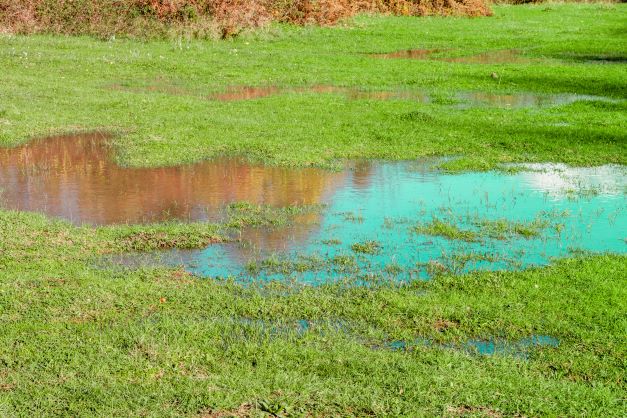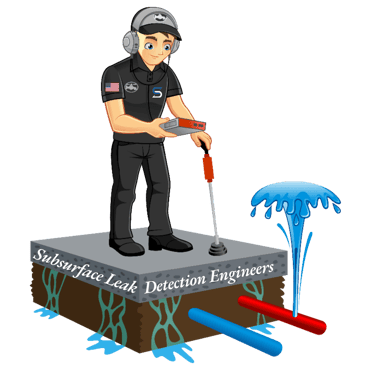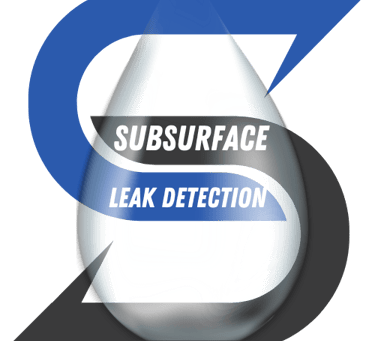
Irrigation Leak Detection Services
Unearthing Efficiency: The Art of Irrigation Leak Detection
Maintaining lush, green landscapes in Colorado's arid climate often relies on efficient irrigation systems. Unfortunately, these systems can develop leaks over time, leading to water waste and costly landscaping damage. However, thanks to specialized tools and techniques provided by companies like Subsurface Leak Detection, finding and repairing irrigation leaks has become a precise science. In this article, we'll explore irrigation leak detection, the specialized tools required, cost savings through non-destructive methods, and the vital role it plays in responsible water conservation.
The Importance of Irrigation Leak Detection
Preserving Landscapes: Colorado's residents invest substantial time and resources in creating beautiful landscapes. A leaky irrigation system can damage lawns, gardens, and plants, causing significant harm to these valuable assets.
Water Conservation: In a state where water resources are precious, responsible irrigation is essential. Detecting and fixing leaks promptly prevents the wasteful use of water, contributing to the broader effort of water conservation.
Irrigation Leak Detection Tools
Irrigation leak detection requires specialized tools and techniques that can accurately locate leaks without disrupting the landscape. Here are some key tools used by professionals at Subsurface Leak Detection:
Acoustic Leak Detection: This method involves using sensitive acoustic sensors to detect the sound of water escaping from irrigation pipes. Consultants can pinpoint the exact location of the leak by analyzing these unique sound patterns.
Tracer Gas: Tracer gas is a non-toxic, non-corrosive gas introduced into the irrigation system. If there is a leak, the gas will escape and can be detected using specialized equipment, providing an accurate location of the leak.
Ground-Penetrating Radar (GPR): In certain commercial situations, GPR is employed to create detailed subsurface images. This helps identify anomalies or voids caused by irrigation leaks, making it particularly useful in large-scale or complex irrigation systems.
Cost Savings and Non-Destructive Methods
The cost savings associated with non-destructive irrigation leak detection methods are significant. Traditional methods involved digging up landscaping to locate leaks, resulting in costly repairs and landscape restoration. By contrast, non-invasive techniques used by Subsurface Leak Detection save both time and money.
Reduced Landscape Damage: Non-destructive methods preserve your landscaping, eliminating the need for costly repairs and landscaping restoration after excavation.
Precision in Leak Detection: Specialized tools and techniques allow consultants to pinpoint leaks accurately, minimizing the need for guesswork and trial-and-error repairs.
Long-Term Savings: Timely detection and repair of irrigation leaks lead to reduced water bills, making it a cost-effective investment in the long run.


Contact Subsurface Leak Detection
Subsurface Leak Detection is your trusted partner in irrigation leak detection for both residential and commercial clients in Colorado Springs and Denver. Our consultants are ready to assist you promptly:
Colorado Springs Office: Contact us at (719) 749-6850
Denver Office: Reach us at (303) 520-0778
Responsible irrigation practices are essential for preserving landscapes and conserving water in Colorado. Irrigation leak detection, performed by companies like Subsurface Leak Detection, ensures that leaks are identified and repaired without causing damage to expensive landscaping. By using specialized tools and non-destructive techniques, this service offers significant cost savings and contributes to the broader effort of water conservation in a state where water is a precious resource. Contact Subsurface Leak Detection to safeguard your landscape and join the movement for responsible water use in Colorado.


